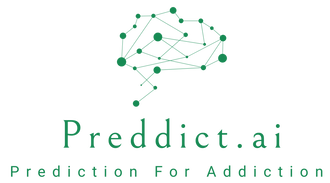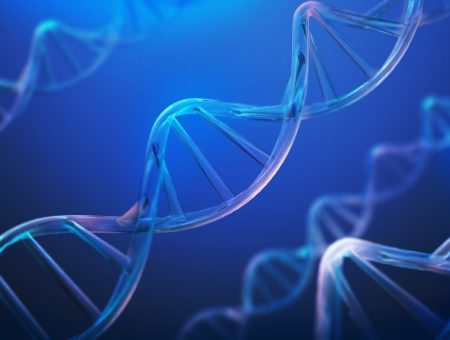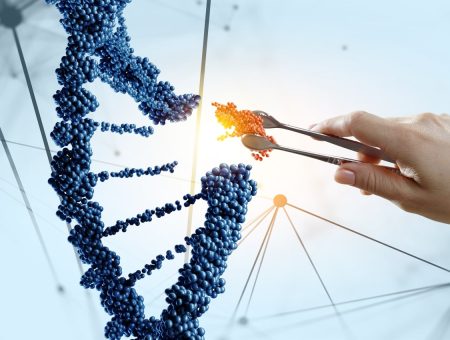Follow Us :
customer@example.com
Home / Boost Recovery With Predictive AI
Rehab alone doesn’t work for everyone. Retorno uniquely offers an innovative solution based on predictive artificial intelligence (AI) that can sustain recovery and prevent relapse — even for people who have cycled from addiction to rehabilitation multiple times.
Drug and alcohol addiction changes the brain.
The addict’s brain becomes reliant on drugs or alcohol to trigger dopamine release. The brain learns to associate substance abuse with a dopamine surge, even as the addiction damages the prefrontal cortex, which is responsible for decision-making, impulse control, and self-regulation.
So, we have a perfect storm. The brain calls out for drugs or alcohol for relief, while impaired executive function and elevated anxiety make it increasingly challenging to stay clean and sober. Our innovative solution leverages Predict.AI.
For many people, sustaining recovery requires rewiring the brain to undo the damage. It's not just a matter of willpower.
Predictive AI @ Retorno.org Tweet

Taking drugs or abusing alcohol doesn’t change genetic makeup, but it does affect how genes function. Epigenetic changes to genes occur as a result of external environmental factors. Substance abuse drives epigenetic changes to genes.
All the elements of rehab that are so important, including addressing underlying mental health issues, don’t address genetic behavior. That’s where predictive AI comes in.
Learn more about how Preddict.AI enables breakthrough treatment for addiction.


Treatment at Retorno with predictive AI seeks to support recovery by reprogramming the genes responsible for triggering the strongest cravings
The treatment program can “erase” the memory of drug addiction, thereby reducing the risk of relapse and supporting sustained recovery.
Retorno uses predictive artificial intelligence developed in Israel to tailor treatment individually and reset the changes to the brain, which can make sustained recovery so difficult.
Research led by Professor Gal Yadid of Bar Ilan University — with the involvement of Retorno — found that epigenetic changes in gene expression triggered by addiction could be reversed or subdued by carefully calculated doses of DHEA, a safe, over-the-counter supplement.
Predictive AI calibrates the dosing to the needs of each patient during the treatment period. Calibration is based on multiple parameters, including changing dopamine levels. The result is a dose customized and tailored for each person, with dosages adjusted throughout treatment according to measurable indicators.
DHEA is a natural supplement available over-the-counter in the United States and other countries.
The Predictive AI program at Retorno operates under license by the Israeli Ministry of Health and is supervised by the Ministry of Health and the psychiatric, medical, and mental health professionals on staff at Retorno.
Dosing is calculated for each individual using Preddict.ai, a software platform developed in Israel, based on the research of Professor Gal Yaid and the Laboratory of Neuropsychopharmacology in the Multidisciplinary Brain Research Center at Bar-Ilan University. The staff at Retorno has been intimately involved in the development of Predict.AI.
DHEA, in dosages calculated by predictive artificial intelligence, in parallel to mental health counseling and group support, substantially reduces the risk of relapse after rehabilitation. In addition, participants often gain confidence, build self-esteem, become less impulsive, and are more able to resist cravings.
A typical course of treatment with predictive artificial intelligence is three months. Participants often continue in the rehabilitation community for an additional period to address emotional issues that may have fueled substance abuse in the past.
The boost to recovery rates is enabled by optimal dosing of DHEA based on age, gender, ethnicity, previous drug consumption, health background, weight, and psychological parameters. The software builds a personal profile for each patient, through which the caregiver can monitor the patient’s progress, manage the course of treatment, and even predict the length of treatment needed and the probability of relapse.
DHEA is not a drug; it is a naturally occurring steroid produced in relatively high abundance. Its natural production peaks at age 25 and then begins to decline. DHEA has been shown to increase energy, improve mood and well-being, and decrease depression and anxiety.
Unlike other pharmaceutical interventions for addiction, such as methadone, DHEA makes actual changes in the brain and only requires short-term treatment.
Retorno offers individually tailored doses of DHEA, calculated by predictive analytics, as an option for clients in rehabilitation.
The positive effects on stress and mood, two major players when it comes to the drive to use substances again after recovery, are likely central to DHEA’s effectiveness. Many people use substances as a way of controlling their mood and coping with stress. DHEA makes it easier to stay on track and to feel good during and after recovery.
Retorno partners with Predict.AI to provide a physician-guided DHEA supplement program during treatment. Success rates have been very encouraging.
Contact us today to learn how we can help you boost recovery success.
.